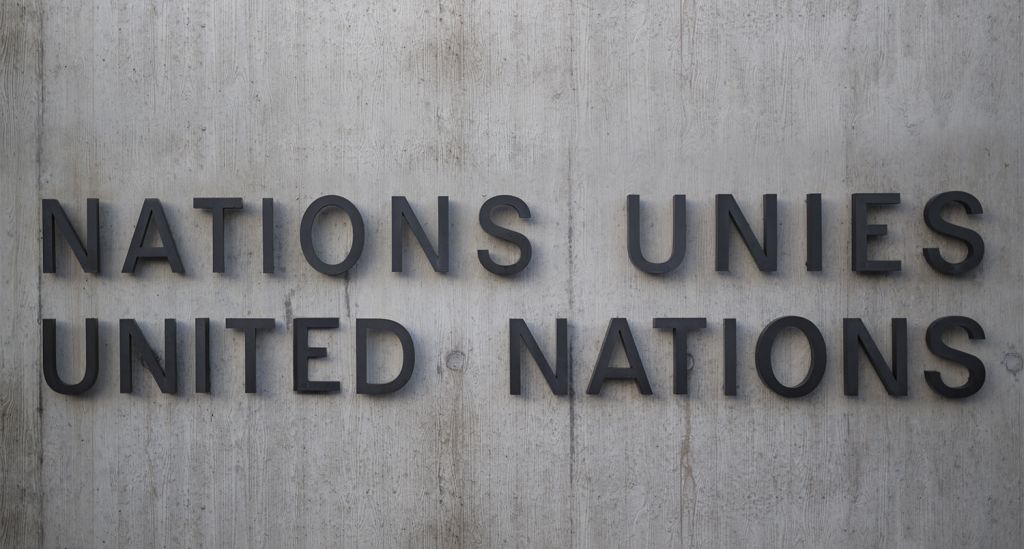Małgorzata Szuleka from the Polish HFHR attended the review and, in the video above, discusses the sessions and the key points discussed, including the independence of the justice system and equal treatment in Poland.
She also highlights that the Polish delegation did not respond to questions on migrants and refugees on the Polish border, as well as sharing her expectations on what the outcome of the review will address.
The UN Human Rights Committee meets in Geneva and holds three sessions per year. All State parties have the obligation to submit regular reports to the Committee on how the the International Covenant on Civil and Political Rights (ICCPR) is being implemented. The Committee examines each report and addresses its concerns and recommendations to the State party in the form of “concluding observations.”
The ratification of the ICCPR by States indicates to the international community the State’s commitment to undertake the obligations under the treaty. The ICCPR was ratified by Poland in 1977.
“The recent developments in Poland revealed a disturbing trend in which the governing party is attempting to change the entire political system using lower ranking laws such as acts and resolutions without, however, changing the Constitution (since it does not have the required majority to change the Constitution). Poland, a country which used to be a champion of democratic transitions, is in a situation in where the key pillars of the rule of law are in danger of being dismantled,” commented Małgorzata Szuleka during the opening of the UN Human Rights Committee session.
In its report submitted to the UN Human Rights Committee, the Polish HFHR stated that this review comes at a timely moment for Poland, “as there is a true threat to the respect of the rule of law and the democratic principles established since 13 September 1989.” The Polish HFHR further stated that the committee has “the opportunity through its dialogue with the Polish government to offer a path to reforms in order to guarantee the respect of human rights in the country.”
The situation in Poland, commonly referred to as the “constitutional crisis,” began in autumn 2015 when the newly elected president refused to swear into office the judges appointed to the Constitutional Tribunal by the previous parliament. In its report, HFHR describes this as posing “a serious threat to safeguarding the rule of law and separation of powers.” This new governing majority adopted many changes to acts on police, public media, and anti-terrorism. “All of these changes raised serious concerns from the human rights protection perspective,” states HFHR.
The situation in Poland has received many reactions from the international community. These include the European Commission, who, on 27 July, issued a list of recommendations to Poland, which the Commission subsequently made public. Poland has until the end of October 2016 to answer the recommendations of the European Commission.
Documents:
- Helsinki Foundation for Human Rights submission to the UN Human Rights Committee
- HRHF submission to the Human Rights Committee (2016)
- NGO Report on civil and political rights in Azerbaijan
- MEPs adopt resolution on Poland
- Rule of law under threat in Poland
- Polish women have gone on strike in protest of anti-abortion law
- Poland: Call for respect for constitutional guarantees
- Constitutional crisis in Poland threatens rule of law
Related articles
Recent Developments in Poland





